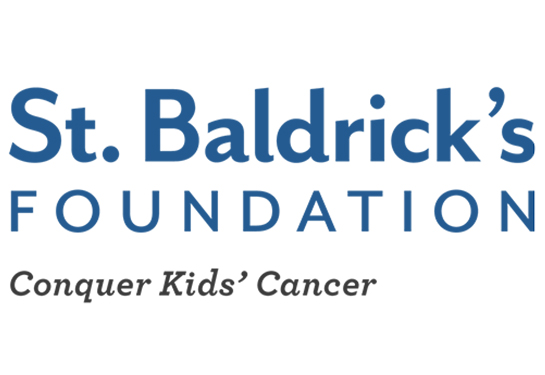Cancer center offers Lung Cancer Screening Day on Sat., Nov. 8
Low-dose lung CT scans are available to underscore the importance of early detection during Lung Cancer Awareness Month
November is Lung Cancer Awareness Month, which focuses attention on the No. 1 cause of cancer death for both men and women. Lung cancer leads to about one in five of all cancer deaths. Each year, more people die of lung cancer than colon, breast and prostate cancers combined.
If caught early, lung cancer can be cured. However, only 16% of Americans who should be screened for lung cancer based on their risk factors are actually getting those tests.
California’s lung cancer screening rate of just under 14% is considered “below average” according to the annual State of Lung Cancer Report released by the American Lung Association.
UC Davis Comprehensive Cancer Center Physician-in-Chief David Tom Cooke, who is also founding chief of the UC Davis Health Division of General Thoracic Surgery, said new technology now makes it possible to cure lung cancer at an early stage.
“For the first time, we are catching more lung cancer at stage 1 than late stage,” Cooke said. “Our new Cios Spin 3D imaging technology, paired with the breakthrough robotic-assisted bronchoscopy Ion system, is diagnosing and removing lung cancer in a single procedure, which is revolutionizing lung cancer care for patients and letting them get back to the activities they enjoy faster.”
But Cooke said the first step is a standard low-dose CT scan, which takes less than 10 minutes.
“Early-stage lung cancer has no symptoms. Awareness and early detection are the keys to tackling this deadly disease together,” Cooke said. “People who have a history of smoking should take advantage of this potentially life-saving lung cancer screening."
Lung Cancer Screening Day
To increase screening rates Lung Cancer Screening Days are being held around the country next month.
UC Davis Health is holding its screening day on Saturday, Nov. 8 at the new 48X Complex on UC Davis Health’s Sacramento campus. The screenings must be scheduled in advance and are not free but give patients access outside of normal work hours to receive the low-dose CT lung cancer scans.
Low-dose CT scans are quick, non-invasive and use a minimal amount of radiation — far less than a standard CT scan. There is no need to remove clothing and women find them much easier than a mammogram.
"Lung cancer remains the leading cause of cancer-related death in the United States, often because it is diagnosed at a later stage when treatment options are limited. Lung cancer screenings with low-dose computed tomography (LDCT) can detect cancer early, often before symptoms develop, when it is most treatable,” said Ahmadreza Ghasemiesfe, who is the director of chest CT at UC Davis Health. “Early detection significantly increases the chances of survival and offers patients more treatment options and better outcomes.”
Sponsors of the UC Davis Lung Cancer Screening Day include:
- UC Davis Health Davis Department of Radiology
- UC Davis Health Division of Thoracic Surgery
- UC Davis Comprehensive Cancer Center Office of Community Outreach and Engagement
- Love Your Lungs Sacramento Lung Health Coalition
Who is eligible for the lung cancer screening?
Eligible participants:
- Are between the ages of 50 and 80.
- Smoked “20 pack years” and either still smoke or quit within the past 15 years. “20 pack years” equals smoking a pack a day for 20 years or two packs a day for 10 years.
How to make an appointment
You will need a referral from a UC Davis Health primary care physician before scheduling the scan. If eligible for the screening, insurance coverage, including Medi-Cal and Medicare, should cover the cost. There is also the option to self-pay, although a referral will still be required.
Check with your primary care physician to determine your eligibility and then call UC Davis Health at 916-734-0655 (option 1) to set up an appointment for Lung Cancer Screening Day.
UC Davis Comprehensive Cancer Center
UC Davis Comprehensive Cancer Center is the only National Cancer Institute-designated center serving the Central Valley and inland Northern California, a region of more than 6 million people. Its specialists provide compassionate, comprehensive care for more than 100,000 adults and children every year and access to more than 200 active clinical trials at any given time. Its innovative research program engages more than 240 scientists at UC Davis who work collaboratively to advance discovery of new tools to diagnose and treat cancer. Patients have access to leading-edge care, including immunotherapy and other targeted treatments. Its Office of Community Outreach and Engagement addresses disparities in cancer outcomes across diverse populations, and the cancer center provides comprehensive education and workforce development programs for the next generation of clinicians and scientists. For more information, visit cancer.ucdavis.edu.



